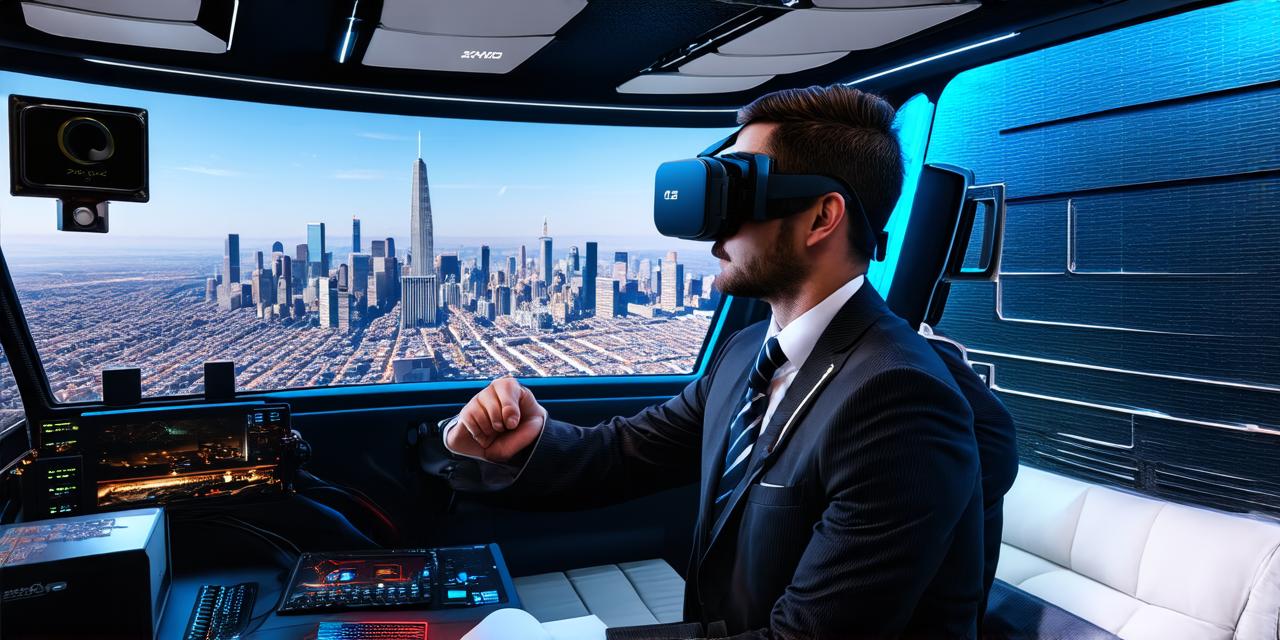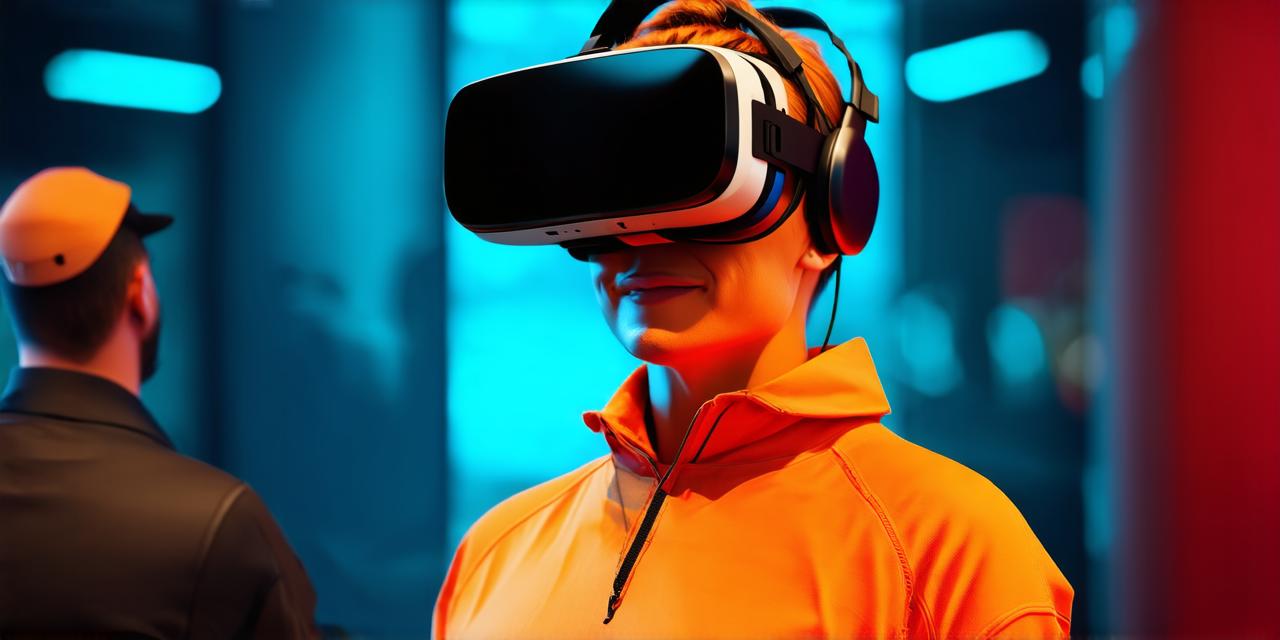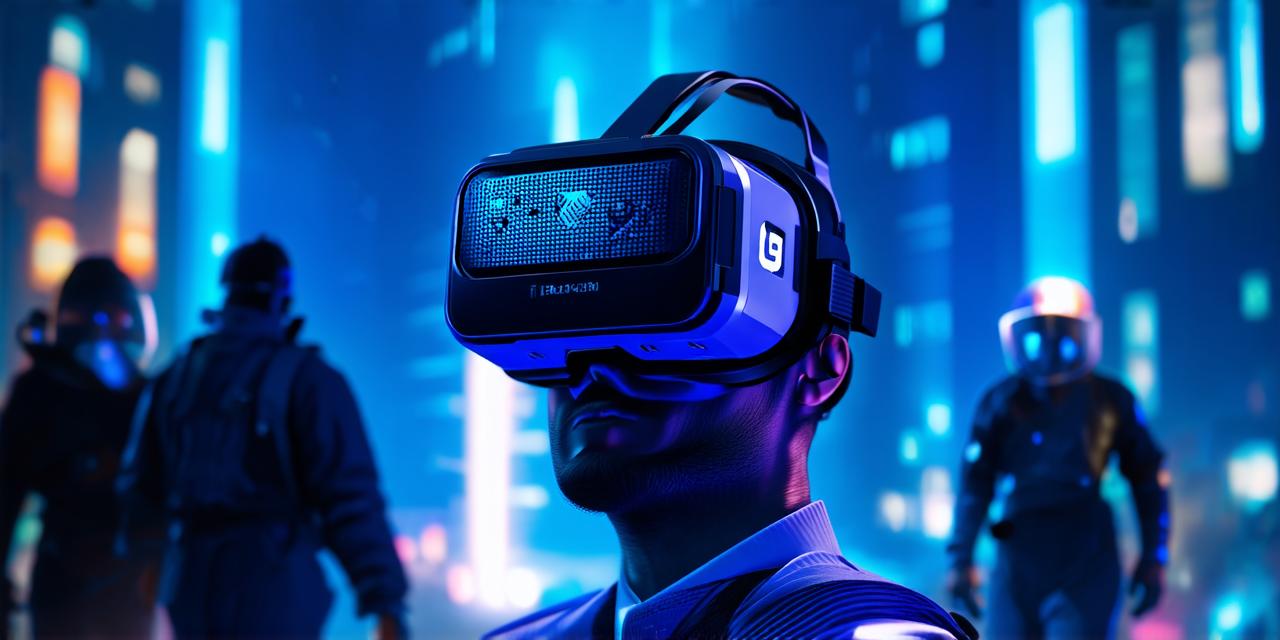Healthcare
One of the most promising applications of VR is in healthcare. By creating immersive, interactive experiences that simulate real-life scenarios, VR can help doctors and patients better understand complex medical conditions and develop more effective treatments. For example, surgeons can use VR simulations to practice complex procedures before performing them on actual patients, reducing the risk of complications and improving outcomes.
Another area where VR is making a difference in healthcare is in pain management. Research has shown that VR can be an effective tool for managing chronic pain by providing patients with a sense of control and distraction from their pain. By immersing patients in a virtual environment, VR can help them focus on something other than their pain and reduce the perception of discomfort.
Education
Virtual reality also has the potential to transform education. By creating immersive, interactive experiences that bring learning to life, VR can help students better understand complex concepts and retain information more effectively. For example, history students can use VR to explore ancient civilizations and gain a deeper appreciation for different cultures. Science students can use VR to visualize abstract concepts like atoms and molecules, making it easier to grasp these ideas.
Moreover, VR can also provide personalized learning experiences that are tailored to each student’s individual needs. By analyzing a student’s performance and interests, VR programs can adjust the content and difficulty level of lessons to ensure that each student is challenged and engaged. This approach can be particularly effective for students who learn differently or have unique learning needs.
Gaming and Entertainment
Virtual reality is also being used in gaming and entertainment to create more immersive, interactive experiences for users. By providing a fully immersive environment that responds to the user’s actions, VR games can be more engaging and realistic than traditional console or PC games. Moreover, VR can enable users to experience entertainment content in entirely new ways, such as by exploring virtual worlds or attending virtual concerts.
Moreover, VR is also being used in advertising and marketing to create more compelling and interactive experiences for consumers. By using VR, brands can create immersive product demonstrations or virtual try-on experiences that allow customers to see products in action before making a purchase decision. This approach can be particularly effective for industries like fashion, where customers want to see how products will look on them before buying.
Conclusion
Virtual reality is an exciting technology that has the potential to address a range of issues that our society faces today. From healthcare and education to gaming and entertainment, VR is transforming the way we interact with the world around us. As VR continues to evolve and become more accessible, it will undoubtedly play an increasingly important role in shaping our future.
FAQs
What is virtual reality?
Virtual reality is a computer-generated simulation of a three-dimensional environment that can be interacted with or explored by a user using specialized headsets or other devices.
How does virtual reality work?
Virtual reality works by presenting users with stereoscopic displays that simulate the way our eyes perceive depth, and by tracking the user’s movements to adjust the perspective and content of the virtual environment in real-time.
What are some common applications of virtual reality?

Some common applications of virtual reality include healthcare, education, gaming, entertainment, and training and simulation.




